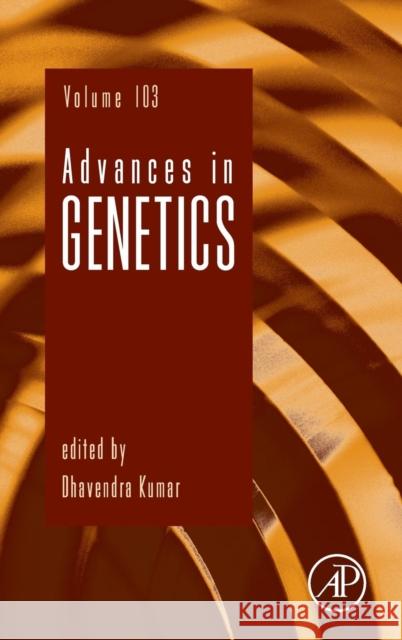Advances in Genetics: Volume 103 » książka
topmenu
Advances in Genetics: Volume 103
ISBN-13: 9780128171592 / Angielski / Twarda / 2019 / 229 str.
Advances in Genetics: Volume 103
ISBN-13: 9780128171592 / Angielski / Twarda / 2019 / 229 str.
cena 508,33
(netto: 484,12 VAT: 5%)
Najniższa cena z 30 dni: 503,14
(netto: 484,12 VAT: 5%)
Najniższa cena z 30 dni: 503,14
Termin realizacji zamówienia:
ok. 16-18 dni roboczych.
ok. 16-18 dni roboczych.
Darmowa dostawa!
Kategorie:
Kategorie BISAC:
Wydawca:
Academic Press
Seria wydawnicza:
Język:
Angielski
ISBN-13:
9780128171592
Rok wydania:
2019
Numer serii:
000042579
Ilość stron:
229
Waga:
0.47 kg
Wymiary:
22.91 x 15.19 x 1.42
Oprawa:
Twarda
Wolumenów:
01











